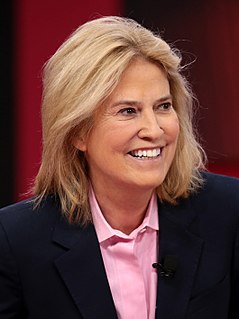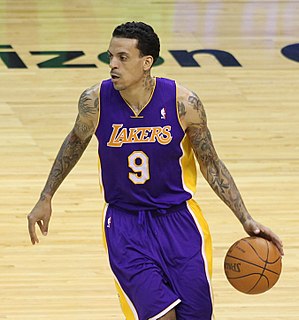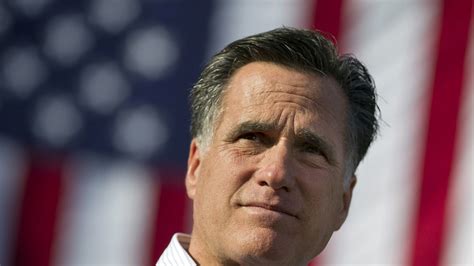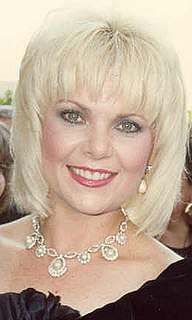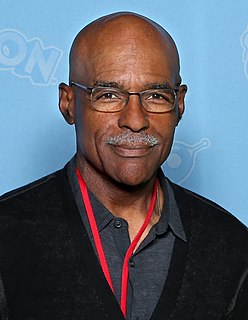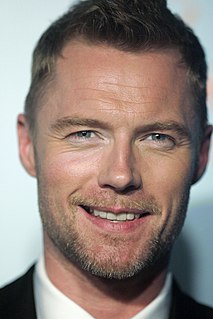A Quote by Greta Van Susteren
When Mrs. Bush was First Lady, she went all over the Mideast talking about breast cancer awareness and the need for early screening. She did this in places where the cultures prohibit such discussion or even detection efforts.
Related Quotes
Hillary Clinton was the first professional First Lady, the first feminist First Lady, the first First Lady from the '60s generation, the first First Lady who was the breadwinner in the family. A lot of America liked and admired that. Some other parts of America found that unappetizing and even kind of threatening. So she became a flashpoint simply for who she was.
I was diagnosed with an early, early stage of prostate cancer. I was almost a vegetarian then. I was heading that direction. What pushed me over the edge, was the doctor who did the diagnosis. He said in a discussion about prostate cancer that he had never seen a vegetarian with prostate cancer. And this is not a holistic doctor, this is a regular, mainstream doctor. And I was just blown away.
I wondered about Mrs. Winterbottom and what she meant about living a tiny life. If she didn't like all that baking and cleaning and jumping up to get bottles of nail polish remover and sewing hems, why did she do it? Why didn't she tell them to do some of the things themselves? Maybe she was afraid there would be nothing left for her to do. There would be no need for her and she would become invisible and no one would notice.
The way she told it, she was such a criminal even the most God-fearing church ladies got bored of reporting on her; she did the marketing on Sunday, dropped by any church she liked or none at all, was a feminist (which Mrs. Asher sometimes confused with communist), a Democrat (which Mrs. Lincoln pointed out practically had "demon" in the word itself), and, worst of all, a vegetarian (which ruled out any dinner invitations from Mrs. Snow).
But what I kept wondering about is this: that first second when she felt her skirt burning, what did she think? Before she knew it was candles, did she think she'd done it herself? With the amazing turns of her hips, and the warmth of the music inside her, did she believe, for even one glorious second, that her passion had arrived?
